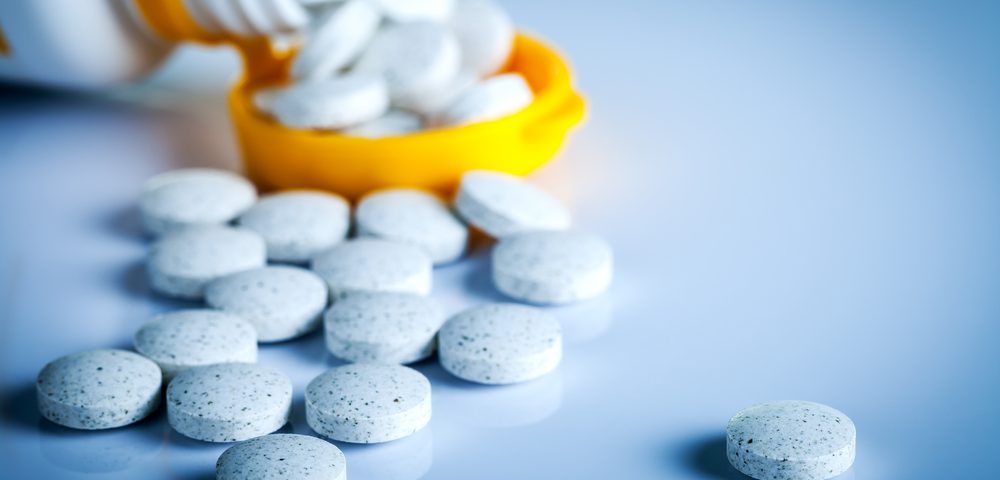Bristol-Myers Squibb Co. announced that the combination of Opdivo (nivolumab) with Yervoy (ipilimumab), shown to significantly improve the progression-free survival of advanced melanoma patients compared to Yervoy monotherapy, has been approved for commercialization in the European Union (EU) and its 28 member states.
Opdivo is an inhibitor of the programmed cell death (PD) 1 protein, that prevents PD-1-derived suppressive signaling on cells from the immune system to allow for enhanced anti-tumor response. Yervoy is a monoclonal antibody that blocks a molecule known as CTLA-4 (cytotoxic T-lymphocyte antigen), which is thought to negatively affect the immune system’s ability to fight cancer.
This first EU approval of a combination of two immuno-oncology agents was based on results from a Phase 3 study — Checkmate-067 — assessing the combination of Opdivo plus Yervoy in patients with advanced (metastatic or unresectable) melanoma. Results demonstrated a 58 percent reduction in the risk of disease progression, when compared to Yervoy monotherapy. Opdivo alone also reduced the risk of disease progression, but to a lower extent (45 percent risk reduction). Checkmate -067 results also demonstrated higher progression-free survival in patients treated with both agents (11.5 months), when compared to Opdivo (6.9 months) or Yervoy (2.89 months) alone.
“Historically, advanced melanoma has been a very difficult-to-treat disease,” Dr. James Larkin, from The Royal Marsden and lead author on CheckMate-067 trial, said in a press release. “Now, with this approval, patients in Europe will have a treatment option combining two Immuno-Oncology therapies, Opdivo and Yervoy, which in a Phase 3 randomized trial has shown its ability to deliver superior efficacy versus Yervoy monotherapy in progression-free survival and response. This is truly good news for healthcare providers and the patients they treat, as it represents an important new treatment option with the potential for improved outcomes.”
Another study that also supported the approval, the CheckMate-069 Phase 2 study, demonstrated that the Opdivo plus Yervoy regimen in BRAF wild-type advanced melanoma patients led to higher objective response rates than Yervoy monotherapy.
Although in CheckMate-067 overall response rates were higher for the combination of Opdivo and Yervoy relative to Opdivo alone across the diverse tumor PD-L1 (the ligand for PD-1) expression levels, progression-free survival increase was observed only with low PD-L1 expression. The European Comission adopted the Committee for Medicinal Products for Human Use (CHMP) recommendation to add that informative statement.
“Today’s approval of the Opdivo + Yervoy Regimen for advanced melanoma patients supports our goal of developing innovative treatment approaches that have the potential to improve patient outcomes,” said Emmanuel Blin, senior vice president, head of Commercialization, Policy and Operations, Bristol-Myers Squibb. “The Opdivo + Yervoy Regimen is the first and only approved Immuno-Oncology combination, and only Regimen to deliver superior efficacy compared to Yervoy, and we are thrilled to make this novel combination treatment available to patients with advanced melanoma in Europe.”
The U.S. Food and Drug Administration (FDA), based on CheckMate-067 results, extended the indication for the Opdivo and Yervoy combination to treat patients with unresectable or metastatic melanoma, regardless of BRAF mutational status, in January 2016.
Melanoma is a form of skin cancer characterized by the uncontrolled growth of the melanocytes (pigment-producing cells) in the skin. It represents the ninth most common cancer in Europe, with approximately 100,000 new patients being diagnosed annually.


